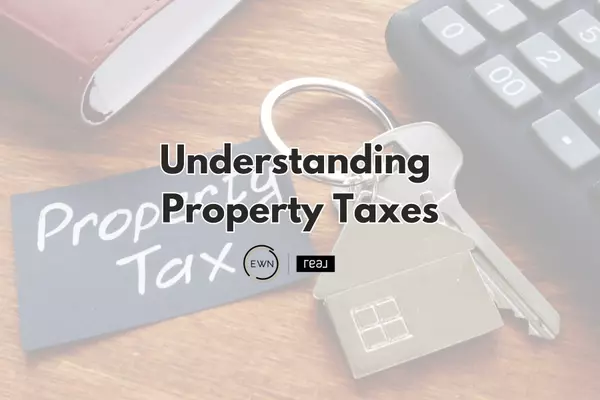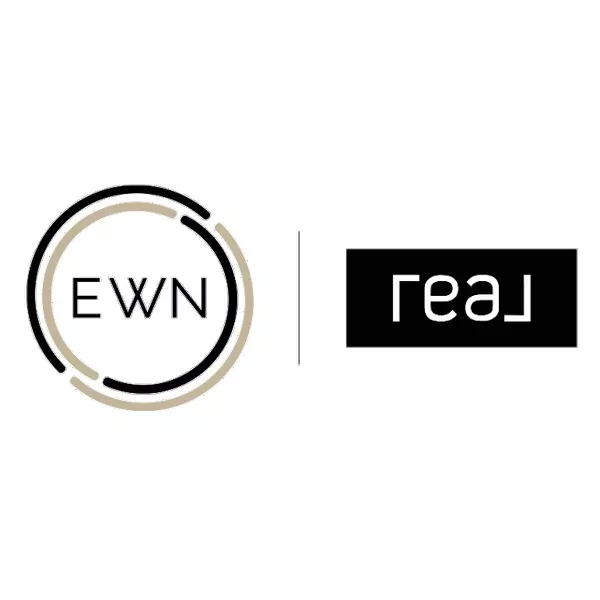How to Negotiate the Best Deal When Buying a Home
How to Negotiate the Best Deal When Buying a Home: Essential Tips for Homebuyers

Buying a home is one of the most significant financial decisions you'll ever make. Whether it’s your first time or you’re an experienced homebuyer, the process can be both exciting and overwhelming. One of the most crucial aspects of purchasing a home is securing the best possible deal. With the right negotiation strategies, you can save thousands of dollars and ensure that your investment is sound.
Real estate negotiations often go beyond just agreeing on a price. They involve navigating market conditions, understanding seller motivations, and knowing what to ask for to protect your interests. This article will provide you with the most effective home buying negotiation strategies to help you make a smart, well-informed decision.
1. Do Your Research: Knowledge is Power
Before diving into negotiations, it’s essential to arm yourself with as much information as possible. Knowledge is a powerful tool when it comes to negotiating the price of a home, and doing your homework will give you leverage in the process.
Understand the Market
Start by researching the current real estate market in the area you’re interested in. Real estate markets fluctuate based on local supply and demand, so understanding whether you’re in a buyer’s or seller’s market is crucial. In a seller's market, homes are in higher demand, and prices may be less negotiable. On the other hand, in a buyer's market, there is typically more inventory, and sellers may be more willing to negotiate.
Price Comparisons and Recent Sales
To strengthen your bargaining position, analyze the sale prices of comparable homes in the neighborhood (known as "comps"). Real estate agents can provide you with a comparative market analysis (CMA) report that outlines recent sales in the area. This will give you an idea of what homes in the area are actually worth, which helps when making an offer.
Knowing how long homes in the area have been on the market is also valuable. If a house has been sitting for several months, the seller may be more motivated to accept a lower offer.
Price Per Square Foot
Price per square foot is another useful metric to compare properties. Understanding the average price per square foot for homes in the area can help you assess whether a listing is overpriced or priced competitively. If the price per square foot of the home you're interested in is higher than comparable properties, you can use this information to justify your offer.
2. Get Pre-Approved for a Mortgage: Strengthen Your Position
One of the most powerful negotiation tools you can have is a pre-approval letter from a mortgage lender. Pre-approval is different from pre-qualification. Pre-qualification is based on your word, while pre-approval involves a lender verifying your financial situation by checking your credit, income, and assets. A pre-approval letter demonstrates to the seller that you are a serious and qualified buyer.
Why Pre-Approval Matters
Sellers are more likely to entertain offers from buyers who have already secured financing, as this reduces the risk of the sale falling through. When you make an offer with pre-approval in hand, the seller knows you’re capable of following through on the deal. In competitive markets where there are multiple offers on a home, pre-approval can be the deciding factor.
Additionally, pre-approval helps you set a budget. Knowing your mortgage limit will prevent you from making offers on homes that are out of your financial reach. This can save you time and energy and keep you focused on properties that fit your budget.
3. Work with a Skilled Real Estate Agent: Your Negotiation Ally
When it comes to home buying negotiations, working with a skilled real estate agent can be the difference between securing your dream home and overpaying for a property. Real estate agents have experience in handling negotiations and know the ins and outs of the local market. They can offer invaluable insights and guidance throughout the process.
Expert Advice and Market Insight
A seasoned agent understands the nuances of real estate contracts, pricing, and negotiating terms. They can help you draft an offer that’s competitive but still within your budget. Moreover, they can advise you on what terms are essential to include, such as contingencies for inspections or appraisals, and help you avoid common pitfalls that can cost you money in the long run.
Handling Counteroffers
Negotiations don’t end when you make an offer. Sellers may come back with counteroffers, and it's crucial to have an agent who can handle this phase of the process professionally. Whether it's a counteroffer on price, contingencies, or closing terms, your agent can help you evaluate the best course of action and ensure that your interests are protected.
4. Be Ready to Walk Away: Know When to Hold Your Ground
Sometimes, the most effective negotiation tactic is the willingness to walk away. If the seller isn’t budging on the price or terms, and you don’t feel that the deal is right for you, don’t be afraid to step away. A seller may reconsider your offer when they see you’re not desperate to close the deal.
Assessing the Seller’s Motivation
Understanding the seller’s motivation can also help you determine how flexible they are willing to be in negotiations. For instance, if a home has been sitting on the market for a while, the seller may be more willing to lower the price to make the sale. On the other hand, if a property is in high demand or if the seller is in a hurry to sell, they may be less inclined to negotiate.
When you’re emotionally attached to a property, it can be difficult to walk away. However, if the deal isn’t in your best interest, stepping away might be the smartest move.

5. Consider Contingencies Carefully: Protect Your Interests
Contingencies are clauses in your offer that allow you to back out of the deal under certain conditions. While contingencies can protect you from future issues, having too many can make your offer less attractive to the seller.
Essential Contingencies
Focus on essential contingencies like home inspection, appraisal, and financing. The inspection contingency allows you to back out if serious issues are found during the inspection, such as structural damage or outdated plumbing. The appraisal contingency ensures that the property appraises for the agreed-upon price, protecting you from overpaying.
Avoid Unnecessary Contingencies
While it may be tempting to include contingencies for things like selling your current home or waiting for a specific closing date, these can make your offer less competitive in a hot market. In some cases, reducing contingencies or offering an "as-is" deal can make your offer more attractive to a seller, especially if they’re eager to close quickly.
6. Negotiate Repairs and Closing Costs: Offset Expenses
After the home inspection, you may discover that the home needs repairs or upgrades. This is an excellent opportunity to negotiate with the seller for repairs or credits toward closing costs.
Using Inspection Findings
If major repairs are needed, you can ask the seller to cover the cost of these repairs or provide a credit toward your closing costs. Depending on the severity of the issues discovered, you may even be able to negotiate a price reduction to reflect the cost of repairs. This can help you offset the cost of necessary updates without affecting your purchase price.
Closing Cost Negotiations
Closing costs can add up quickly, and many buyers are surprised by the out-of-pocket expenses they face at closing. You can negotiate with the seller to cover part of these costs, especially if the home has been on the market for a while. This can help reduce the amount of money you need to bring to the table at closing, saving you thousands in upfront expenses.
7. Stay Calm and Confident: Control the Negotiation
Real estate negotiations can be intense, and it’s easy to get swept up in emotions. However, staying calm, confident, and patient throughout the process is essential for successful negotiations.
Keep Your Emotions in Check
Remember that buying a home is a business transaction, and emotional decisions can cloud your judgment. Keep your emotions in check and focus on the long-term investment value of the property. Sellers may try to provoke an emotional response by highlighting certain features of the home, but maintaining a level head will help you make rational decisions.
Make Smart, Strategic Decisions
The more confident you are in your research, the better you’ll feel throughout the negotiation process. If you’ve done your homework and you know the value of the property, you’ll be able to make decisions that protect your financial interests and ensure you’re not overpaying.
Final Thoughts: Negotiating Your Dream Home
Mastering the art of negotiation is key to securing the best deal when buying a home. By doing your research, securing pre-approval, working with a skilled agent, and maintaining the confidence to walk away when necessary, you can negotiate your way to a smart, successful home purchase.
The process can be daunting, but with the right strategies in place, you’ll be well-equipped to navigate the complexities of real estate negotiations and come out ahead. Ready to start your home-buying journey? Contact us today, and let’s work together to find the perfect property at the right price.
Useful Resources:
Categories
Recent Posts











